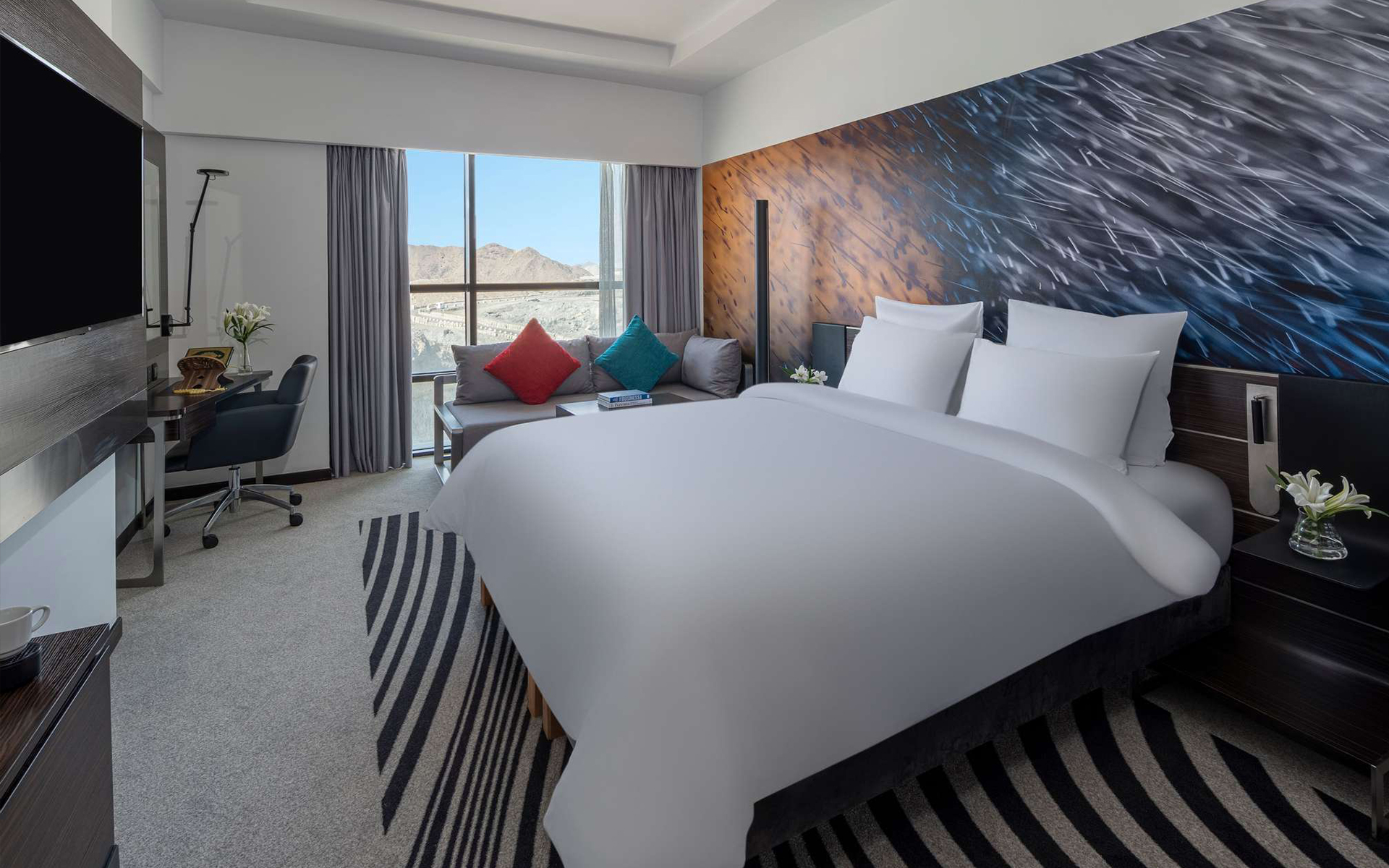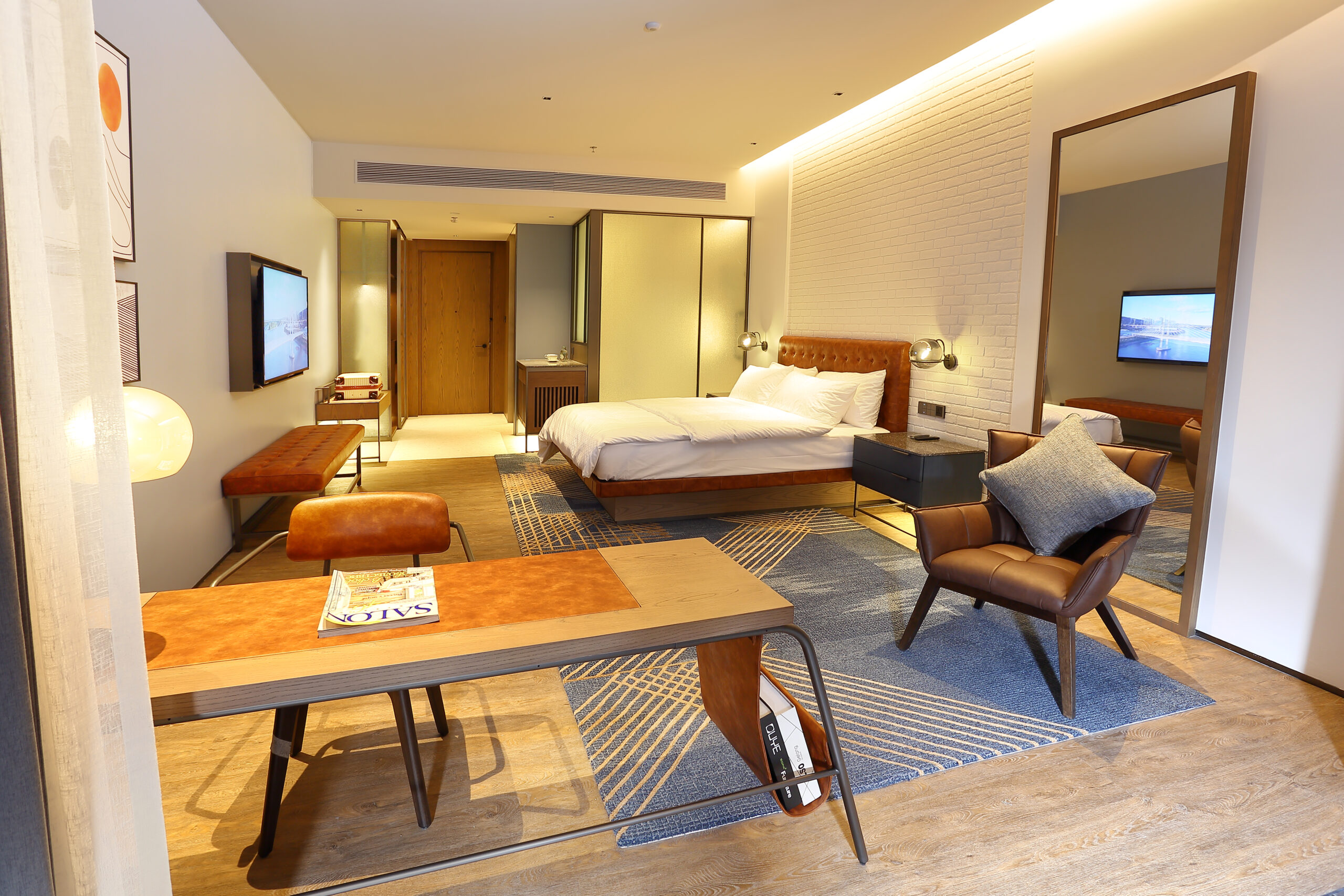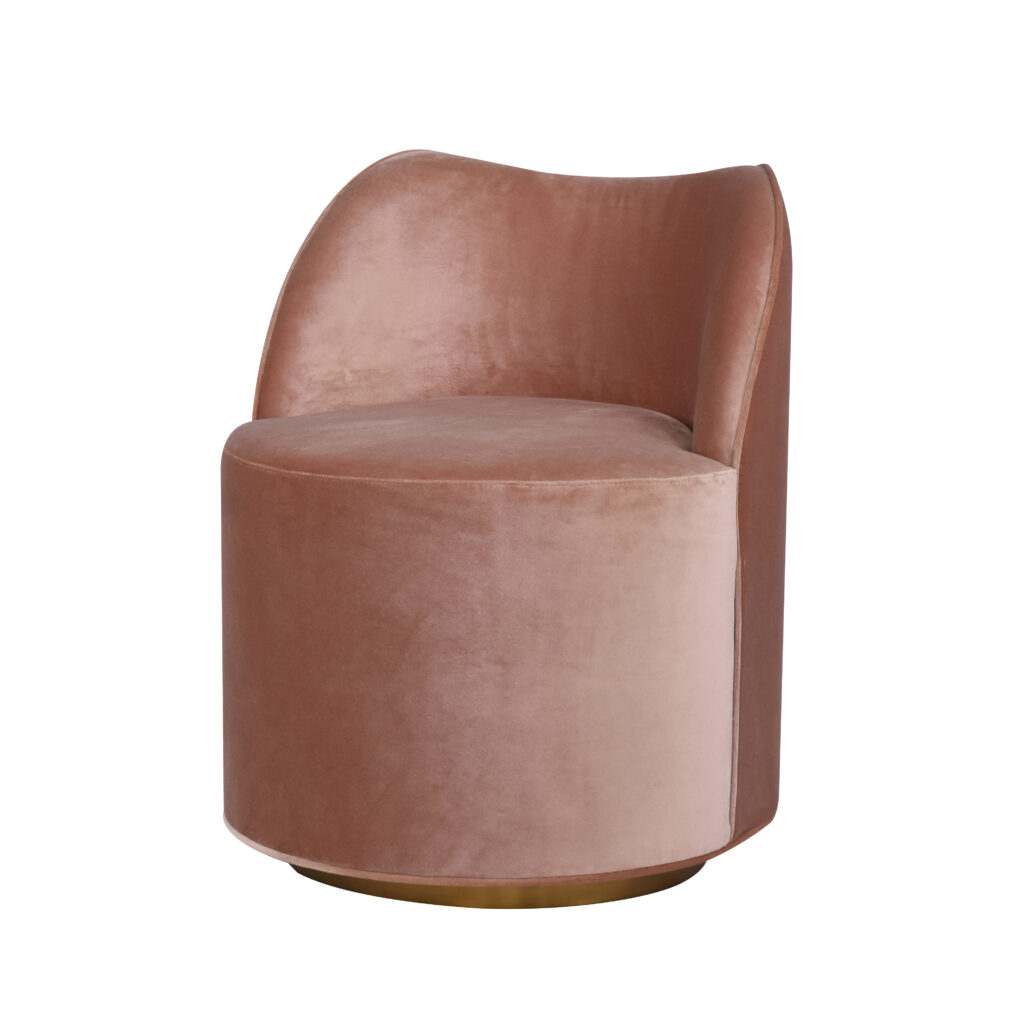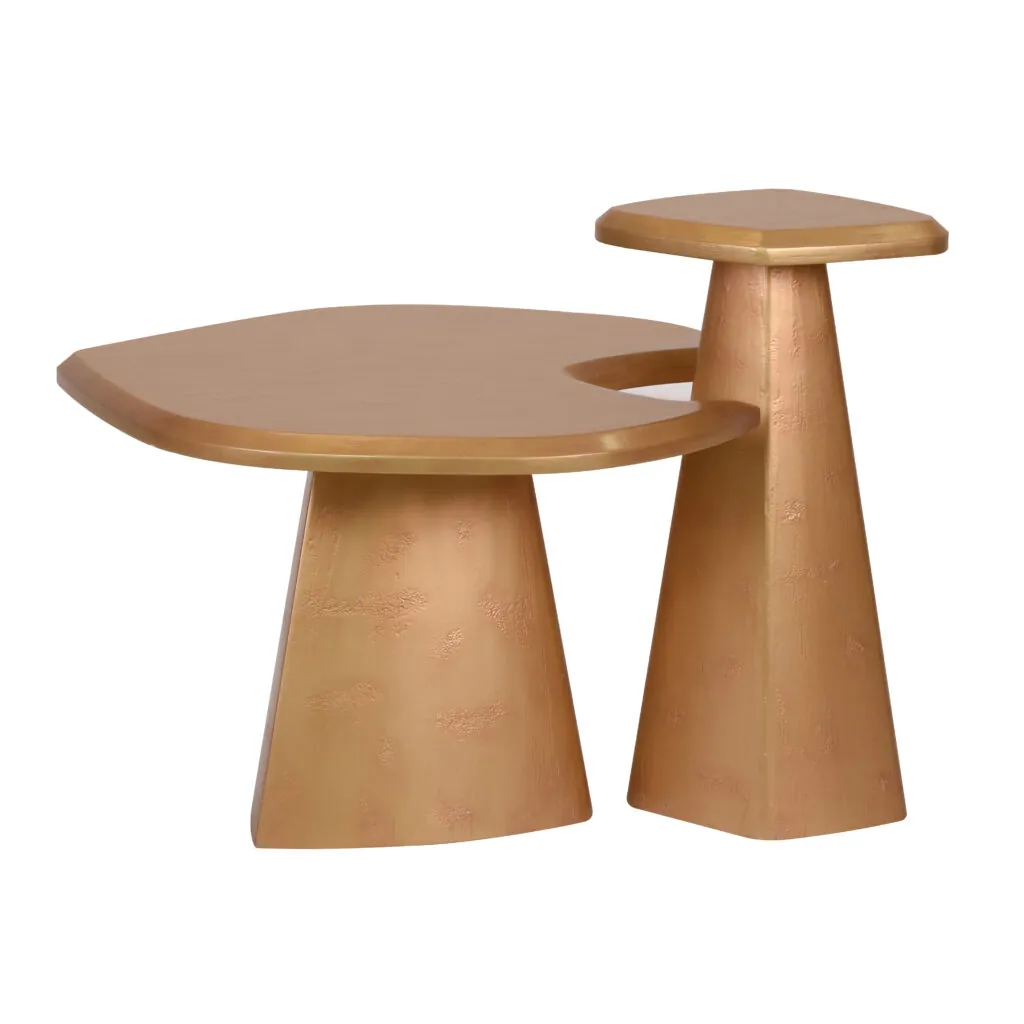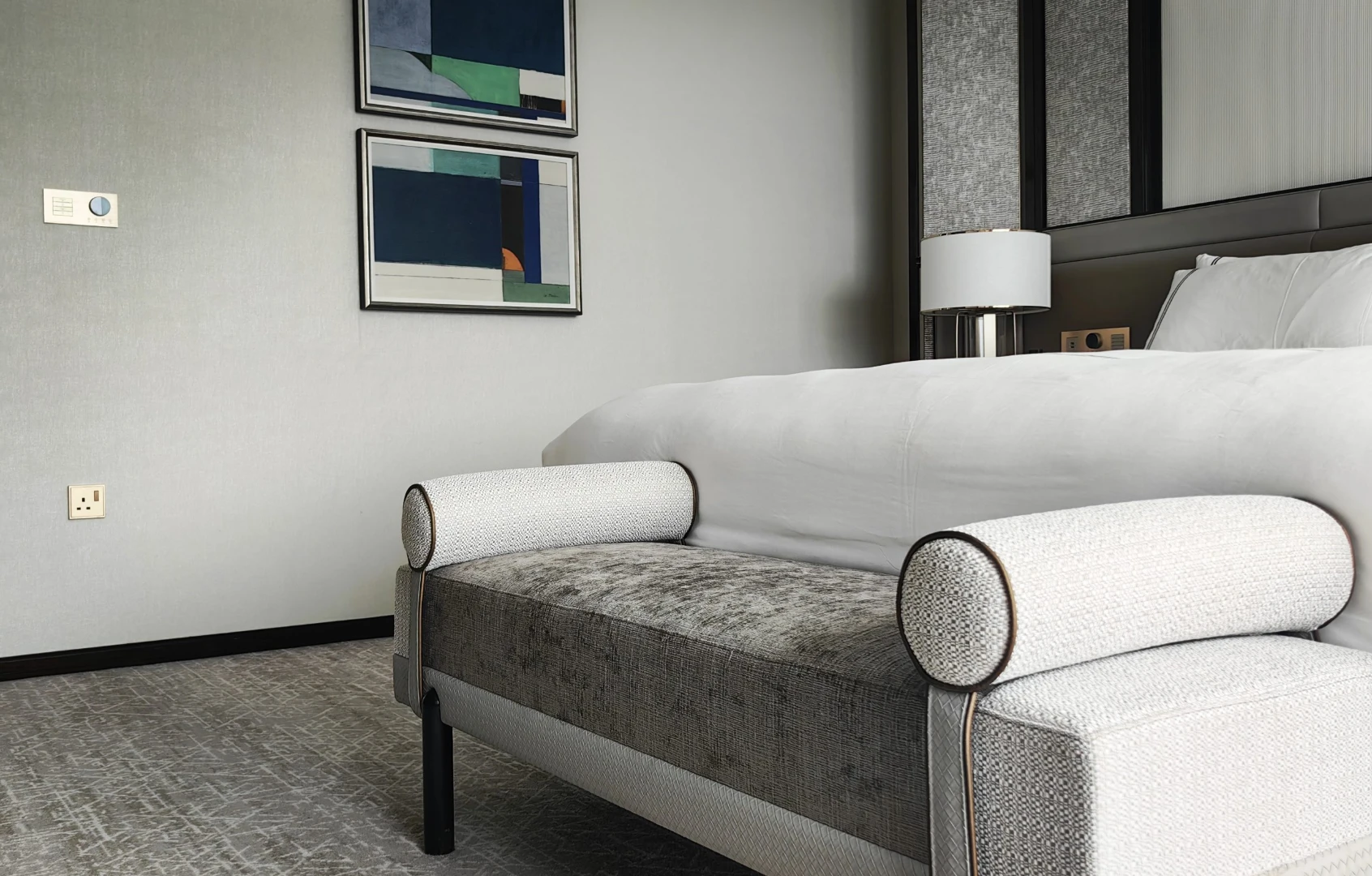
Location
Constantia, Cape Town, Sud Africa
Year
2025/02/10
Business Unit
Malan Vorster Architecture Interior Design
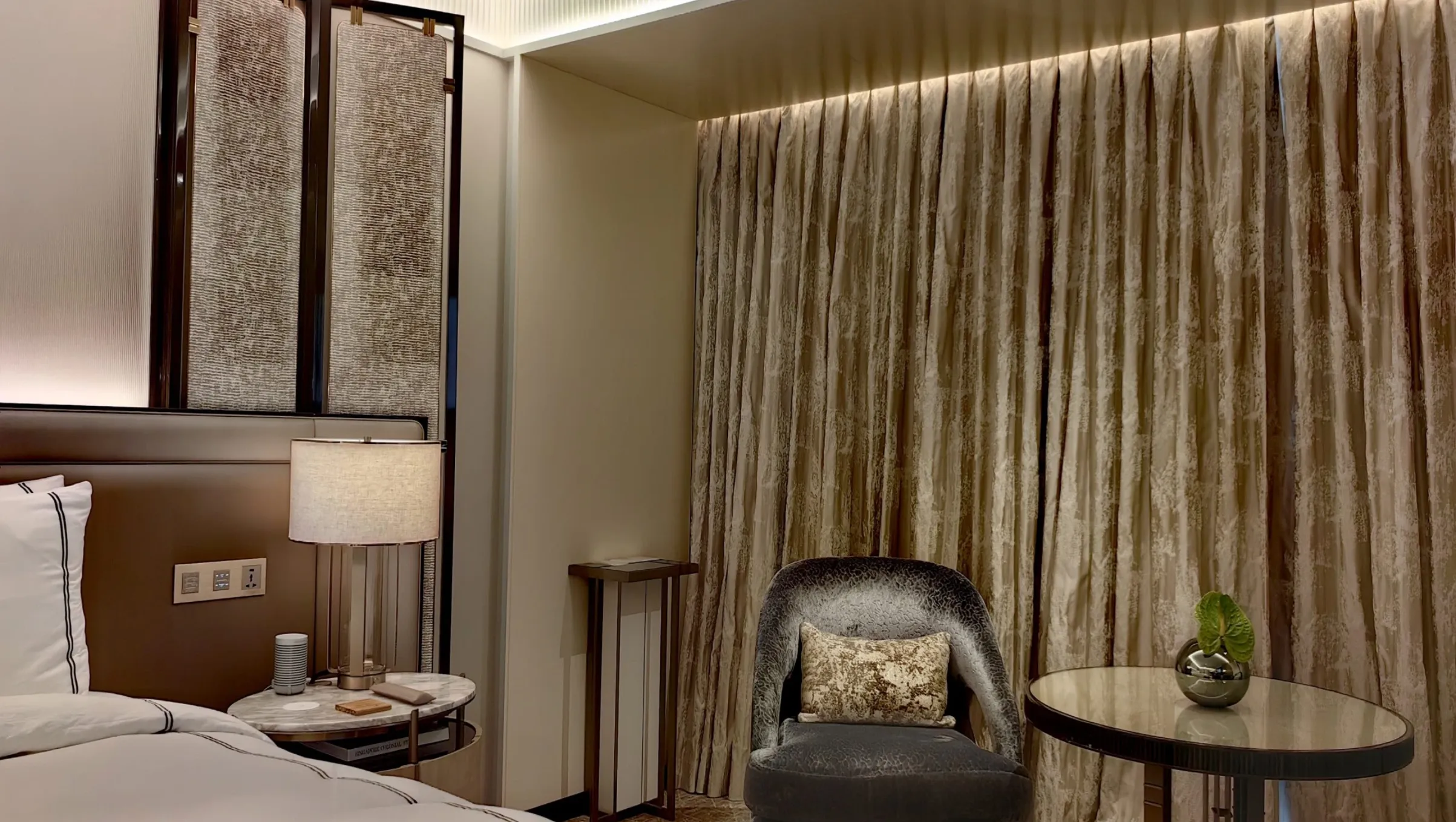
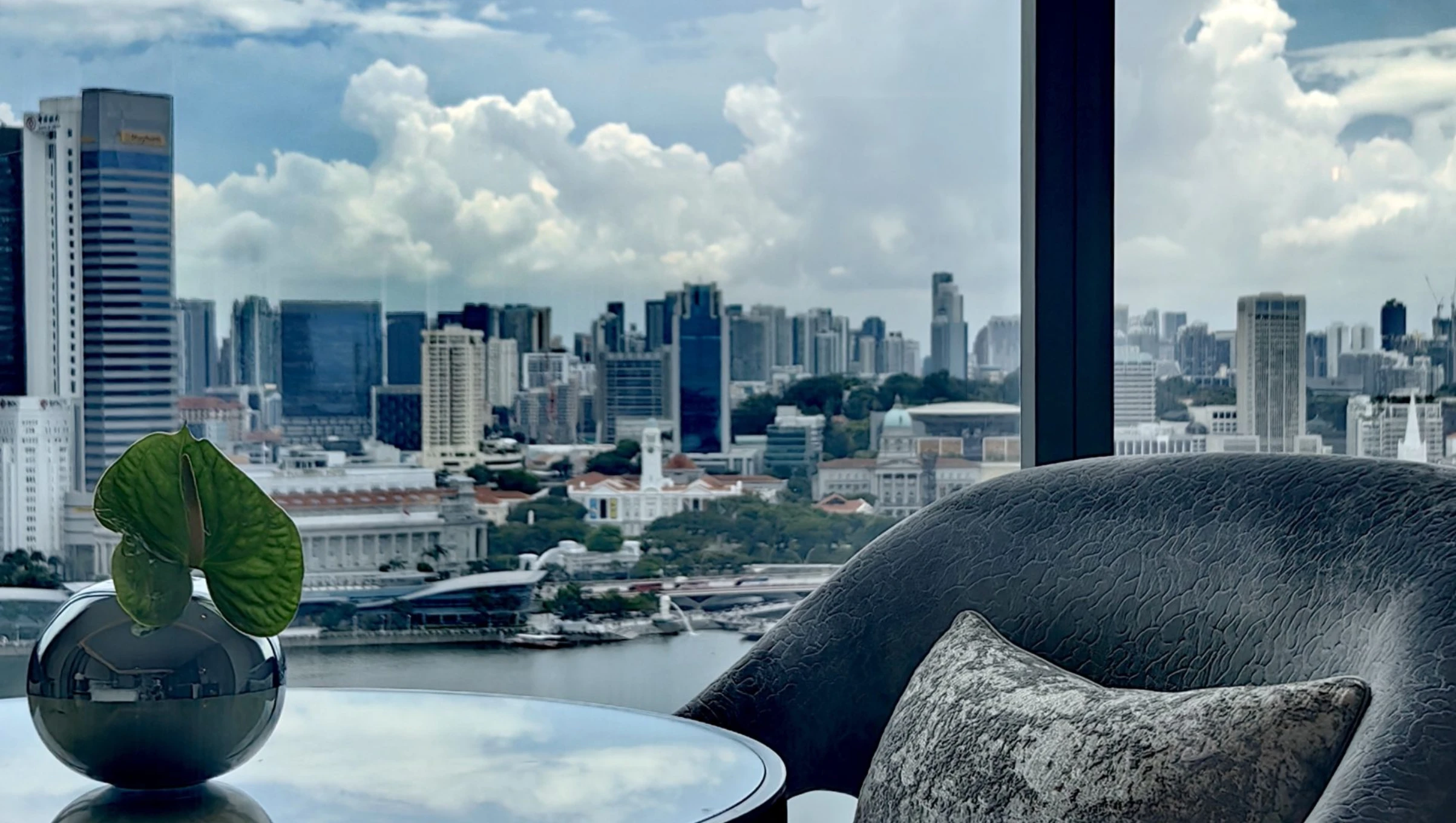
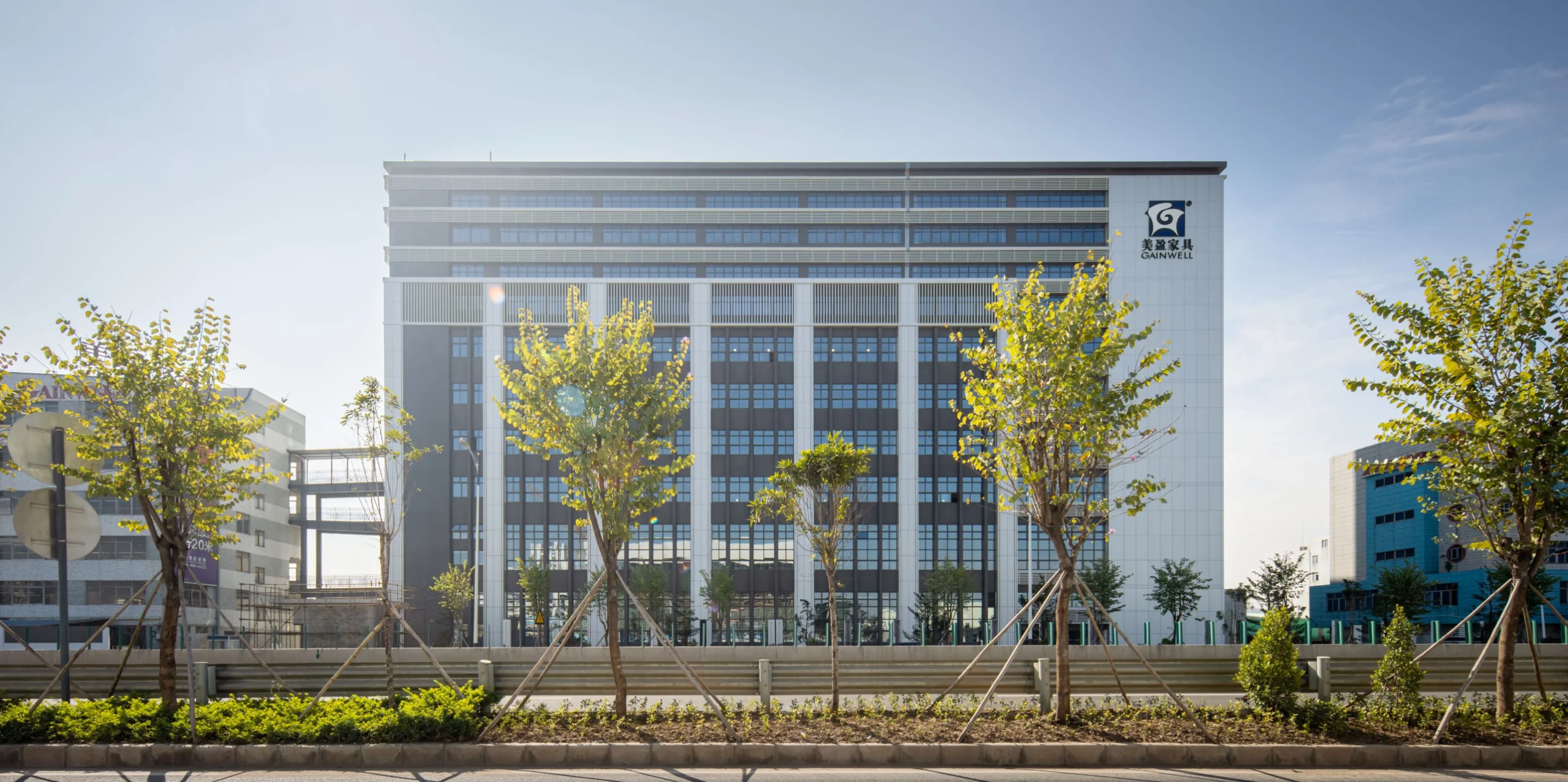
How to Improve Customer Hospitality Experience
Providing excellent hospitality is crucial in today’s competitive scene, as customers have way more options than ever before. With just some negative experiences posted online, a brand’s reputation can suffer a lot. But those who focus on constantly enhancing the guest go-round see the rewards – from increased loyalty and word-of-mouth referrals to growing returns.
This article explores the hospitality experience, its definition, elements, types, and more. The focus is on analyzing aspects that define hospitality experiences, outlining best practices in critical areas, as well as emerging trends. The key is to prioritize customers at every step for long-term success.
Table of Contents
ToggleWhat is Hospitality Experience?
Hospitality experience refers to all aspects of service delivery and guest interactions. These include those that collectively shape a customer’s perception of and satisfaction with an establishment. It encompasses the entire experience from the moment a guest arrives to their departure.
1. Key Elements of Hospitality Experience
Several factors define and influence a hospitality experience. Friendly interactions, service delivery, and quality facilities form the foundation of a positive experience. The elements include:
- Service quality and attentiveness of staff
- Cleanliness and maintenance of facilities
- Comfort and functionality of furniture and amenities
- Speed and accuracy of food/beverage orders
2. Types of Hospitality Experiences
Different industries within the hospitality sector provide diverse yet related experiences. Types include the following:
Hotel Experiences
Hotel experiences focus on all aspects surrounding overnight accommodations. They ensure seamless check-ins and check-outs. The focus is on exceptionally comfortable guest rooms outfitted with high-quality amenities. Last but not least, services like housekeeping are a priority as they maintain cleanliness for an enjoyable stay.
Restaurant Experiences
Restaurant experiences center around food quality, focusing on fresh, flavorful cuisine prepared with care. These experiences also prioritize dining spaces designed for pleasant ambiance, whether formal or casual. A smooth table service is critical. It ensures orders are handled accurately and efficiently to satisfy customer appetites.
Travel Experiences
Travel experiences cover a wide range of touchpoints critical to the overall travel experience. These include efficient services at transportation hubs like airports and train stations. Ease of navigation to destinations using rental cars or organized transportation is also essential. Also, ensuring activities and tours available provide educational experiences. These experiences impress and delight visitors exploring a new place.
Benefits of a Positive Hospitality Experience
Thoughtful hospitality yields significant advantages for any business in this sector. From returning customers to a stronger brand image, an exceptional experience in hospitality generates tangible results. The key benefits include the following:
1. Enhanced Customer Satisfaction
Far surpassing all service expectations leads to delighted guests. Consistently meeting and exceeding established targets for quality amenities instills satisfaction. Surpassing goals for fast response times to any requests further impresses guests. Personalized care customized for each highlights the experience. Going above and beyond in these areas cumulatively leads to an ultimate feeling of contentment with their entire stay at the property.
2. Increased Customer Loyalty
Delighted customers who feel truly satisfied by their experience are much more likely to return to the same hospitality group again in the future. They will also enthusiastically recommend the brand to others. Such glowing impressions foster unshakeable loyalty. Guests continually wish to re-experience the renowned quality of service available time and time again.
3. Improved Brand Reputation
Only glowing, positive recommendations shared by satisfied guests elevate the perception of the brand against competitors. Additionally, user reviews displayed across online channels further reinforce the outstanding service reputation. This attracts even more new patrons to experience the quality while also enhancing their image throughout the industry at large.
How to Improve Hospitality Experience
With a commitment to continuous improvement, it’s possible to strengthen all facets that impact the overall experience in hospitality. Focusing efforts across key areas can boost satisfaction significantly. These key areas include:
1. Enhancing Service Quality
Prioritizing service quality through comprehensive training initiatives prepares employees. Programs instill hospitality basics like genuine warmth, understanding of different needs, and swift responses. This arms staff with skills for customer-focused help. Emphasis on training develops talents committed to top service.
2. Improving Dining Services
Emphasize fresh, visually appealing cuisine prepared with quality ingredients and presented deliciously. Also, ensure a smooth table service that handles all food and beverage orders accurately and efficiently. This will enhance the dining experience. Maintaining clean and comfortable dining spaces is also crucial. It makes customers feel relaxed within.
3. Strengthening Customer Relationship Management
Personalized care comes through thoughtful rewards for loyal guests. Programs acknowledge frequent patrons while discussions with clients offer customized help. Issues are addressed definitively to keep clients satisfied long-term. Cultivating rapport drives understanding to resolve concerns and cement relationships.
4. Leveraging Technology to Enhance Experience
Facilitate convenience and smooth functioning through robust mobile offerings and digital resources. Apps and tools allow express check-ins/outs. Smart entry optimizes access. Custom recommendations based on histories optimize individual enjoyment and reconnection potential.
5. Optimizing Facilities and Environment
Keeping all interior public and guest areas squeaky clean, functional, and relaxing for maximum comfort. You can achieve this through regular deep cleaning and repairs. It’s also crucial to prioritize using custom hospitality furniture that elevates the visual design of the space. It enhances ambiance while optimizing ergonomics and comfort.
Emerging Trends in Hospitality
The hospitality sphere continuously evolves to meet modern customer demands and expectations. Properties adjusting to rising trends stand to attract more patrons. Top emerging trends include:
1. Sustainability
Guests increasingly prioritize eco-friendliness, with an emphasis on energy/water conservation and plastic reduction. Partnerships with local communities also appeal to socially-conscious travelers. Eco-friendly initiatives like organic produce, recycling programs, and renewable energy tap into this vital shift. Social initiatives supporting neighborhoods distinguish properties.
2. AI and Technology
Automation through check-ins, digital menus, and mobile services enhances convenience. Data insights from management platforms inform personalized offers. Adapting technologies streamline operations while robots handle repetitive chores. Apps recommending nearby attractions based on user history strengthen service. The industry is just scratching the surface of intelligent hospitality powered by cutting-edge innovations.
Conclusion
The hospitality experience makes or breaks a business. A positive experience is foundational to success in this competitive industry, driving customer satisfaction, loyalty, and a strong reputation. As a seasoned custom hospitality furniture provider, Gainwell enhances experiences through high-quality furnishings. In addition, we assist hotels with tailored interior enhancements, ensuring comfort and ambiance through customized designs. Visit our website to browse our premier solutions that enhance the hospitality experience.


